DO NOT PANIC!
Although I feel professionally obligated to tell you that we are hearing whispers of Sod Webworm, you, lucky reader, have your own Crazy Grass Lady to keep your focus on evil, invasive Summer weeds rather than fretting over mysterious moths in the shrubbery. As we send out this Newsletter we have only seen one case of sod worms or damage caused by them.
- We have seen one mild case (in 77377) of worm damage and have heard a couple of reports from Plants For All Seasons. If you want to re-cap on what you need to look for or what you need to do please read this.
- Invasive Summer weeds remain our main concern especially Doveweed, this affects everyone so please read below for more information.
- After weeds, most of the damage we are seeing is being caused by lawn crews, this can range from excess weeds around scalped edges to mower ruts to extensive patchy areas. Now is a good time to read our mowing recommendations here.
- Spraying weeds in Summer often causes visible side effects, please see last months Newsletter here for what to expect.
Watering
Some lawns do now need semi-regular watering, in general, we still recommend you run the system manually when the grass looks dry for 24+ hours. If you are traveling out of town or are unable to monitor the lawn we suggest running no more than twice a week.
Allowing the grass to dry out regularly will help strengthen the grasses root system, control weeds and fungus as well as helping prevent sod worm damage.
Please keep in mind every lawn is different, a shaded lawn needs less water than a full sun lawn. Remember, all sprinkler zones are not created equal.
Before you reach for the sprinkler controls please note my three top watering tips below.
– Walk/monitor your lawn
– Test the sprinklers
– Customize your cycleGeneral guidelines are always available on our website at the link here, let us know if you have any questions.
- The 4 Summer or annual weeds we worry the most about are Doveweed, Virginia Buttonweed, Kyllinga & Basketgrass.
- Most of these weeds first appear around edges or in low or shaded areas.
- The main causes for these weeds are:
a) Mower damage, most commonly scalping with a weed eaterb) Overwatering or poor drainagec) Shade or inadequate sunlightd) Underlying weakness in the grass eg. fungus or insect damage.
- Many of these weeds are camouflaged in the grass until there are so many it is a serious problem, walking the lawn regularly (we suggest weekly) is the best way to catch the problem early
- The best cure is prevention, these weeds are pre-emergent resistant but by monitoring regularly, hand pulling as much as possible, minimizing weed eating and careful watering they can be kept under control.
- If the above measures alongside our regular weed treatments aren’t enough to control the problem then it is time to take a closer look at the underlying issues and specific measures needed to resolve the issue. Please see your Treatment History Log and contact us if you have any questions.
- Doveweed
- Buttonweed
- Kyllinga
- Basketgrass
This month our giveaway is a Nematode application.
One entry per person but you can nominate a friend or relative within our catchment area. You don’t have to be a current customer to enter. To enter just reply “Nematodes” to this Newsletter.
The prize will be drawn on the 30th August.Yours sincerely
Crazy Grass Lady
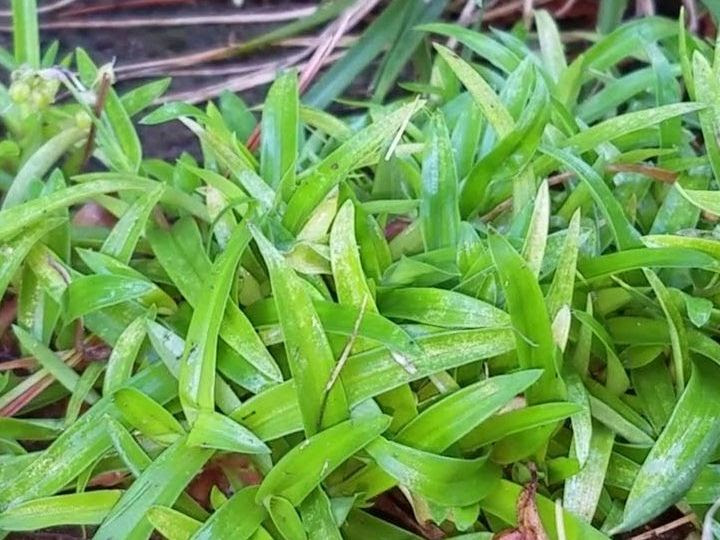


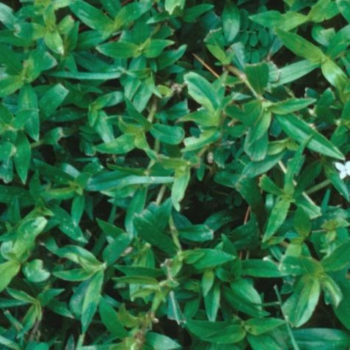
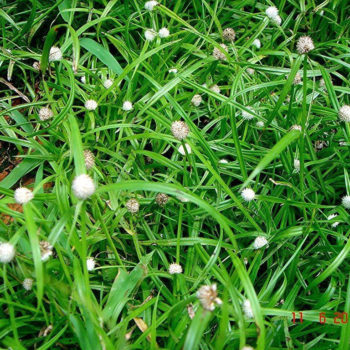
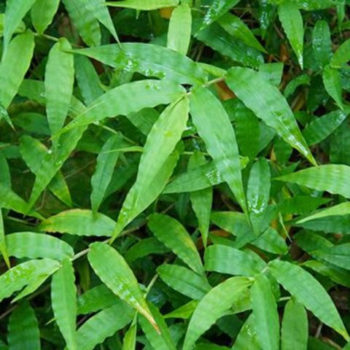

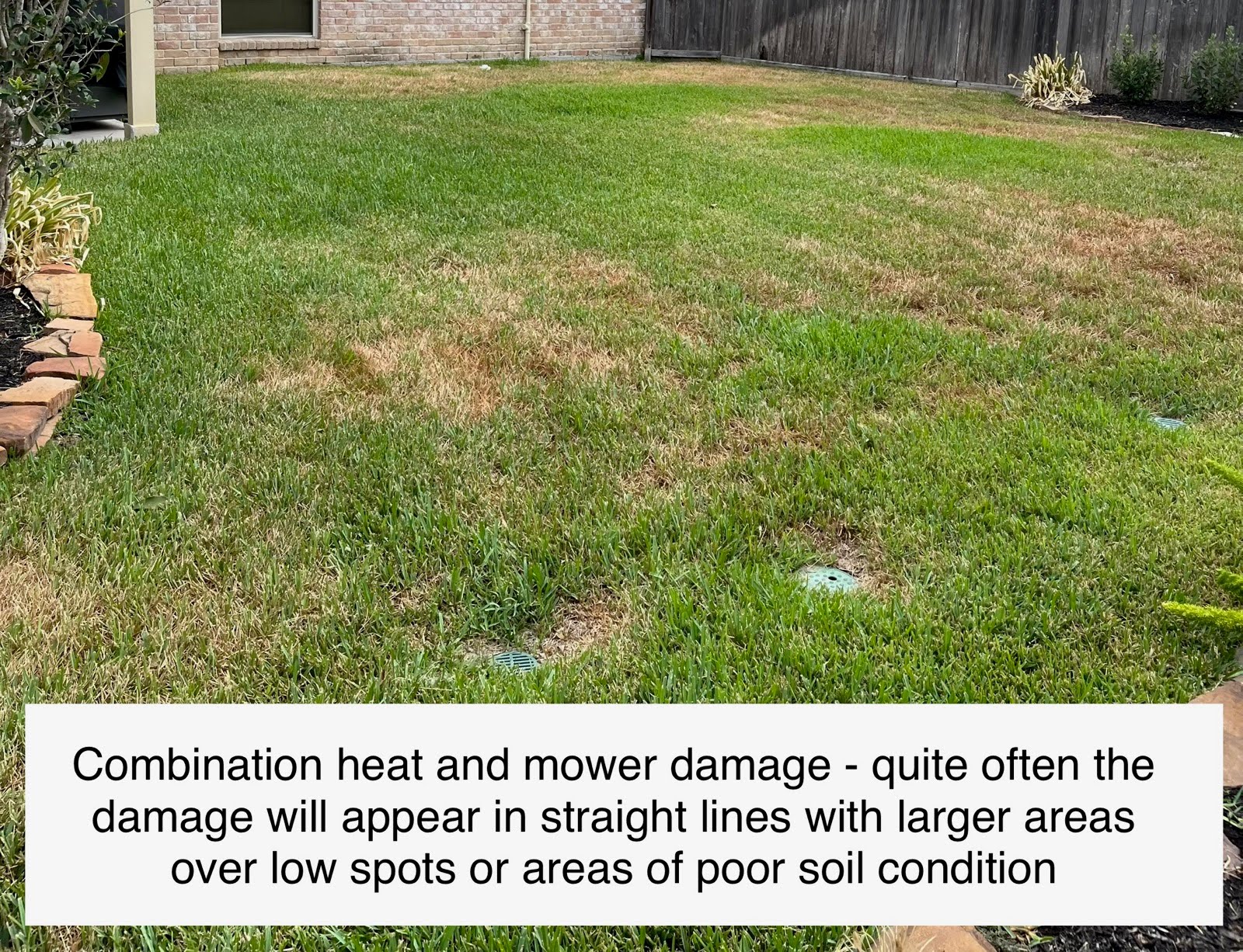


Leave A Comment